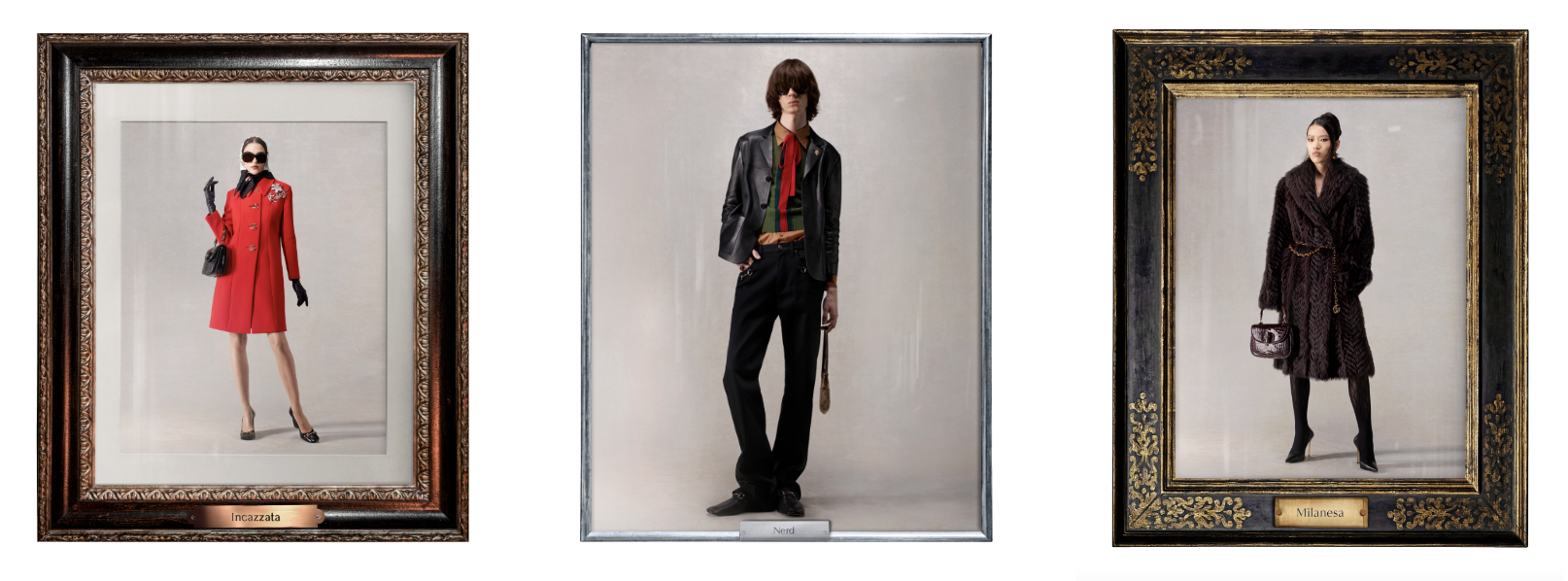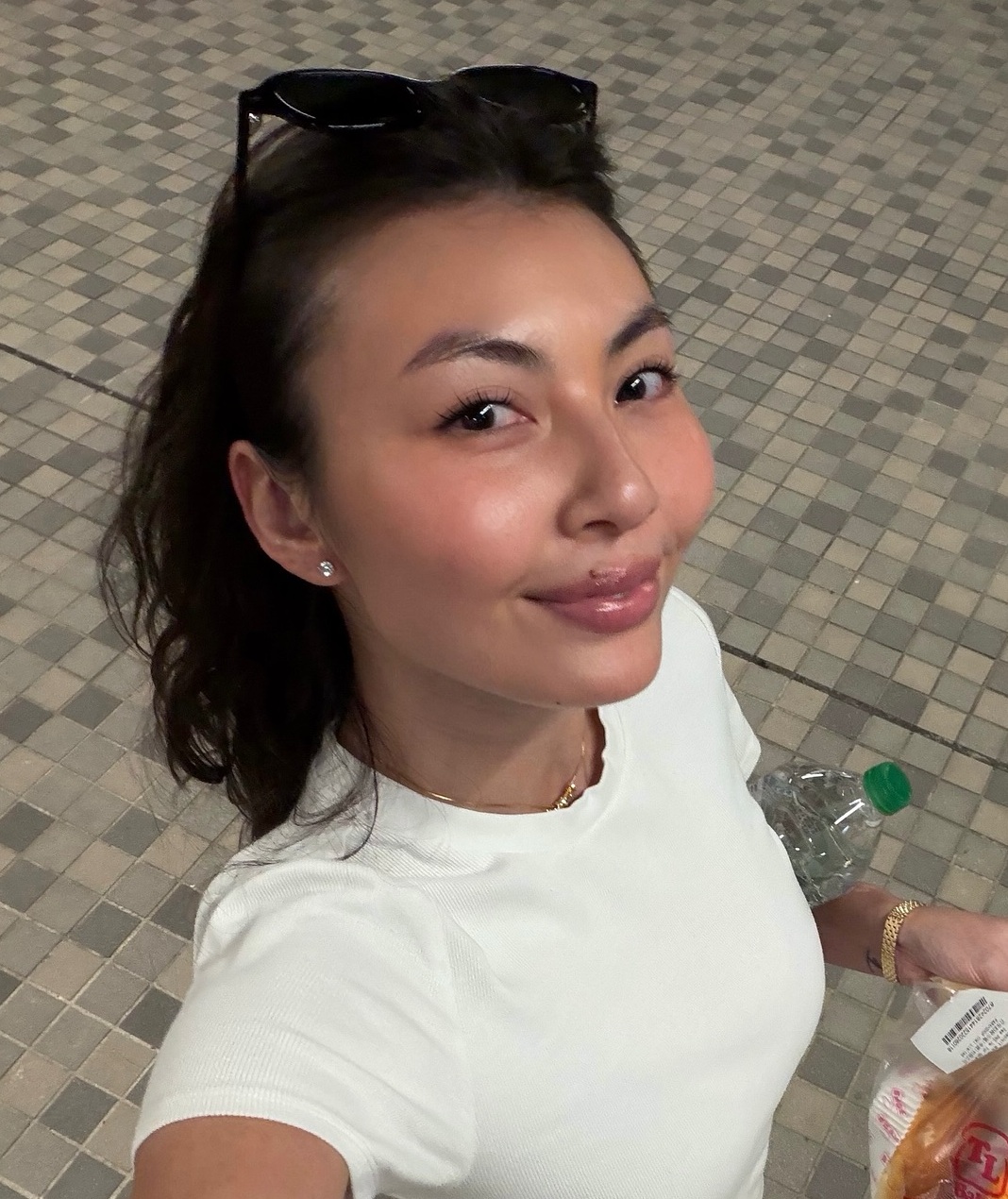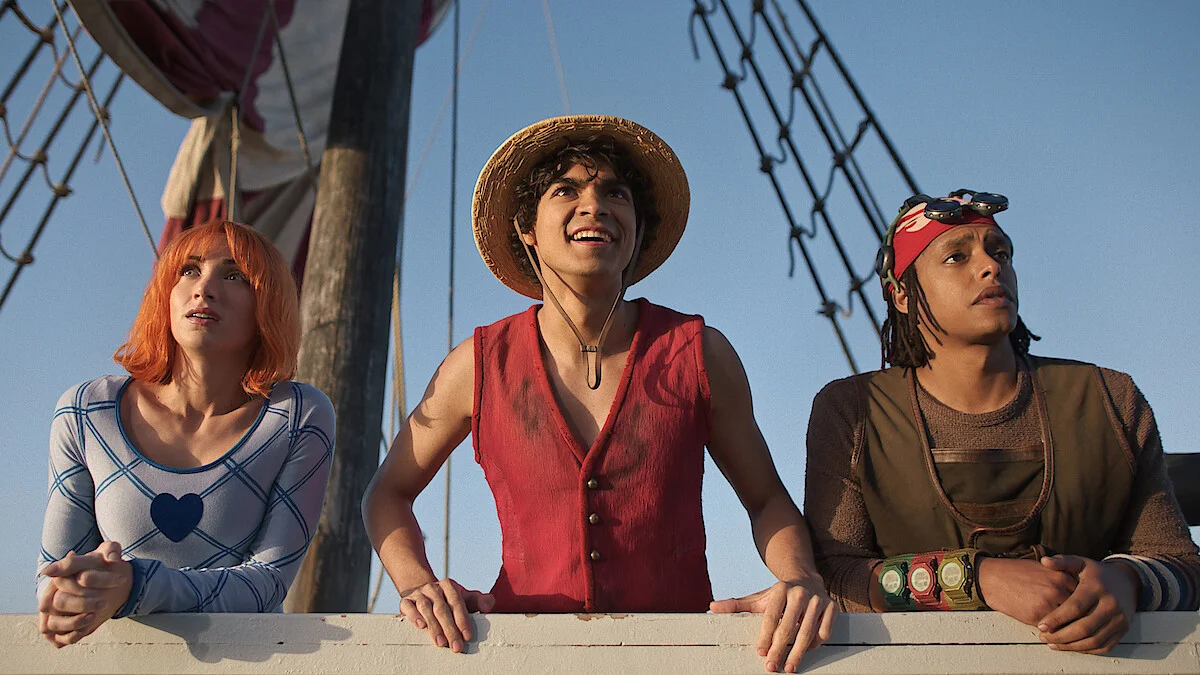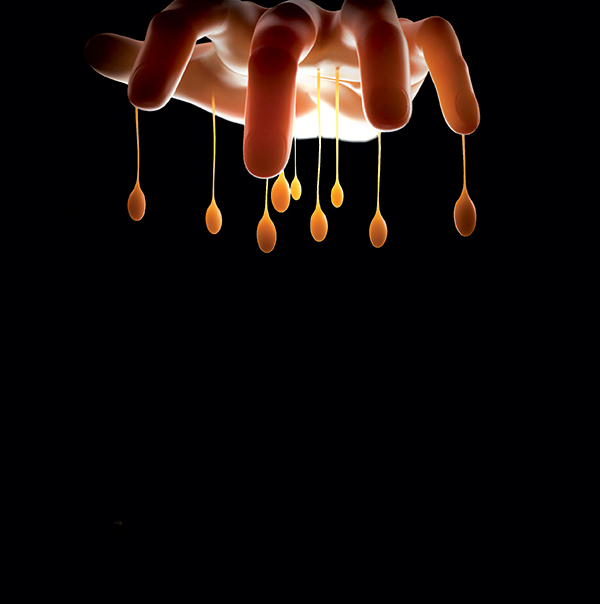
As a mainland Chinese artist who lives in Rome, Shanghai, Hong Kong and Los Angeles, and who has come to represent a generation of talented interdisciplinary artists, my work aims to explore the kingdom of hyperrealism and neorealism.
On one hand, I draw visual and tangible forms from my imagination and from dreams. On the other I give nature a surreal appearance.
My work is a complex synthesis of fantasy, literature, mythology, philosophy and new technology, imbued with Chinese and Mediterranean cultures, introducing the perturbing magic of virtual and supernatural characters and landscapes, set amidst the ephemeral reality of life, love and death, using the symbolic language of the unconscious.
I blend old means of expression, such as marble sculpture and 35mm film, with advanced techniques, such as 3D animation. I create films that wish to explore the limit between dreams and reality, imagination and madness, truth and falsehood, life after death.
From October 21 to November 27, a selection of work from the solo exhibition at the Venice Biennale in 2011 and expressly conceived new works will be shown at Rome’s Macro Museum, the Museo d’Arte Contemporanea di Roma.
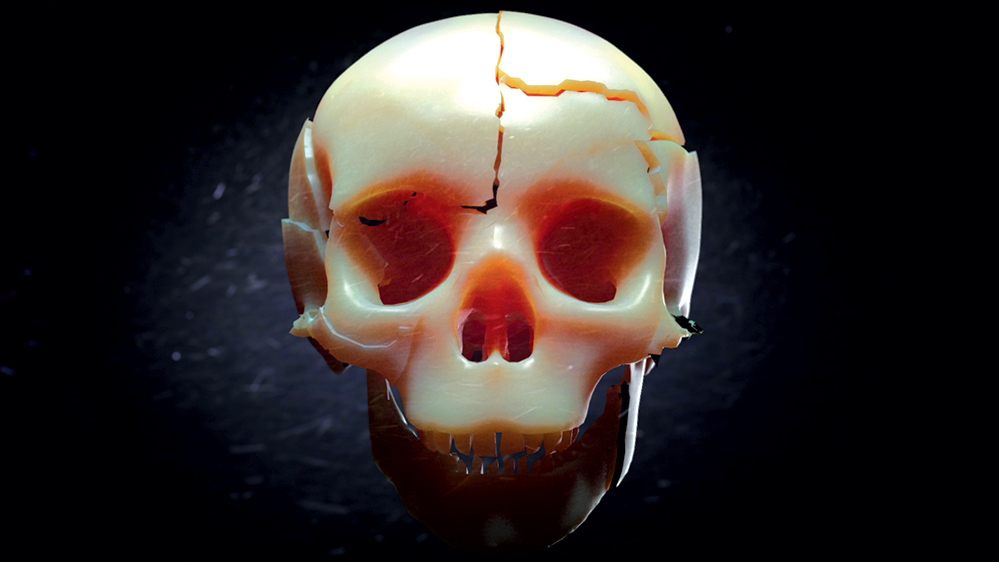
I have created a set of great multimedia installations for the Macro show. It combines cinema, digital animation, photography, sculpture, painting, drawing and contemporary music, which includes collaborations such as that with Ennio Morricone at the Venice Biennale in 2011. There are literary echoes and references to the history of Rome and its ruins. The videos will be projected on marble slabs, recreating an interactive environment.
The Macro show begins with a virtual reality video made in collaboration with New Frontier at the Sundance Institute and Brett Rattner’s Rat Pac. In New Shorelines, 2013, I reinterpret Rome and its history. The work is produced in the mainland but with European settings and traces of European tradition. The work presents a world in transformation where all the arts converge in one to follow the principle in which the margins of the arts blend together. Poised between shade and light, I seek inspiration from Tim Burton and from Walt Disney characters to graft visions taken from submerged worlds and new glacial eras. A fantastic journey freely interpreted by numerous associations of images, is accompanied by the thrilling notes of Bryan Ferry, who composed the music.
The highlight is about all the elements of Rome, a parallel world that is described and that people can see in my virtual reality. The work was done in the mainland, Hollywood, Paris and London. It’s about everything I wanted to do. All the sculptures, the elements that originally I wanted to show in the exhibition would all be conveyed in virtual reality, which is the future, where the future generation will spend more and more time, where anything can be possible.
This is what I believe in. If you look at my work since 2003, you will find that I have created art as if it were in virtual reality, with new works computer generated and in 3D. In Los Angeles I recorded the virtual reality elements and took 3D scans.
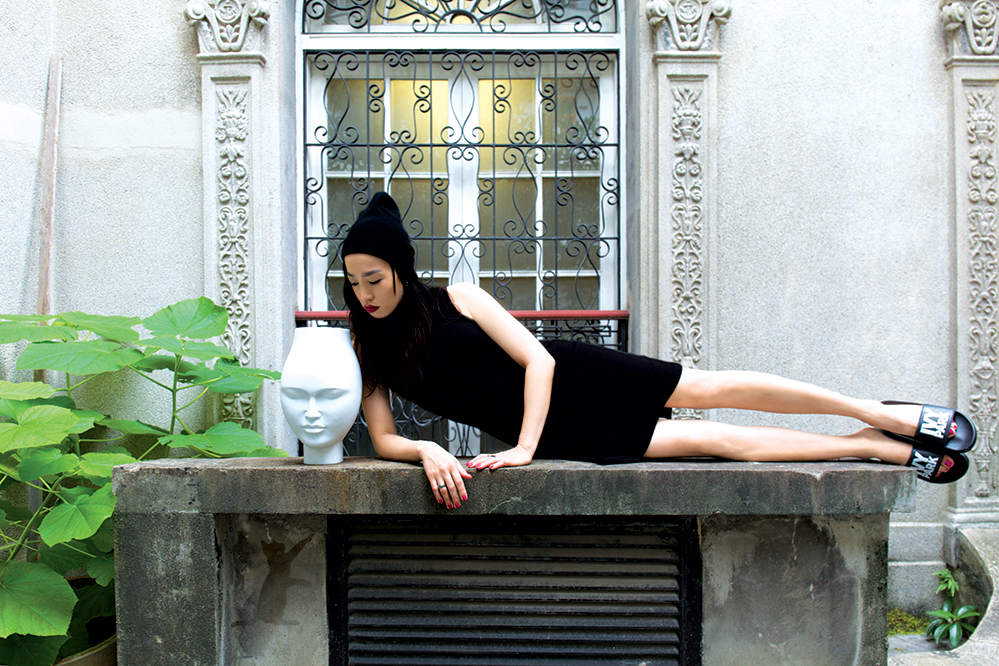
Using new technologies that are under development further pushes my research and boundaries. I have decided to really push this exhibition by highlighting the virtual reality pieces.
The exhibition also includes My Heart Laid Bare, 2008, a video with the participation of Charlotte Gainsbourg, where I reinterpret Boccaccio’s Decameron and, in particular, the tale of Nastagio degli Onesti. Shot on the outskirts of Rome between Fiumicino and Ostia on the coast of the Tyrrhenian Sea, the video tells of the end of a love affair through a highly personal, surreal vision.
Next comes The Ear, 2009, with the protagonist Pharrell Williams and Morricone’s music. Here, inspired by the short story by Nikolai Vasilievich Gogol called The Nose from the Petersburg Tales, I have written an absurdist short story about the loss of an ear. The ear becomes the key element of the film. Throughout the work, the ear and the inner ear are transformed together into an Ear Bridge, as they are gradually crossed by a bridge.
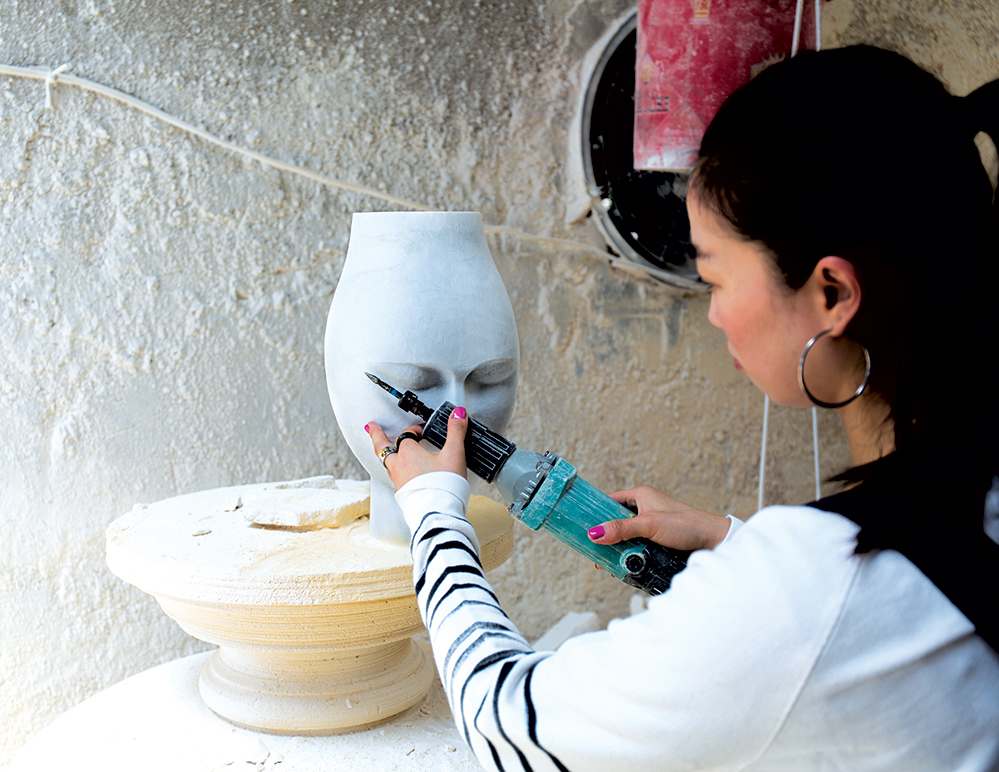
The Greatness with a masterly contribution by Morricone is an important expressive stage for me. Drawing inspiration once again from the Divine Comedy the artist tells of my imaginary journey through Hell, Purgatory and Paradise choosing specific and appropriate images, scenes and characters from my previous works. In The Greatness the music is of fundamental importance. The video begins with the notes of a mysterious waltz and the soundtrack draws attention to the specific affinity between the artist and the composer, the Oscar-winner Morricone, in their second collaboration.
Morricone’s exploration of emotional sound vibrations in various states of fear, pleasure, exaltation and mystery, like his use in this work of segments of melodies and unpublished sounds from his personal archive, are both an extension of his active professional concern for the “fusion of objects and subjects”, the perfect complement to the multilayered visual style that I adopt in my films and animations.
The haunting melodies are reminiscent of sound tracks that Morricone composed for the first trilogy of films by Dario Argento. The Greatness was produced by the Contrasts Gallery in partnership with MK2 and me. The sound track was recorded in Morricone’s studio in Rome in early 2010.
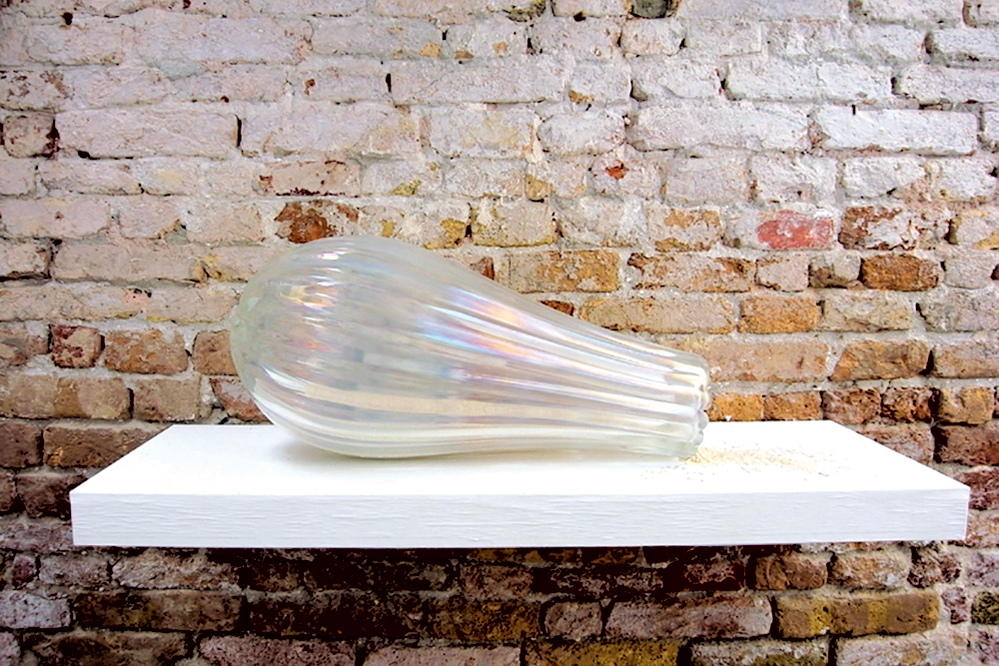
My world is populated with nocturnal visions filtered through literary reminiscences, reinvented, overturned or recovered references, which are repeated insistently, shunning easy didactic examples to open up to cultural contaminations and experiments with language. In my 3D animations, peopled with apocalyptic visions but always leaving a glimmer of light, the altered images, stripped of their meaning, give life to a nostalgic haiku that wipes out all trace of anything that makes sense, opening up the story to an abstract dimension, diluted in a spiral movement.
The show is a step into a new phase in my own creativity, pushing the boundaries further in my research between the real world, the environment, as well as parallel worlds. Timed on the gap between our conscious and unconscious mind, the show explores new dimensions of our perceptions.
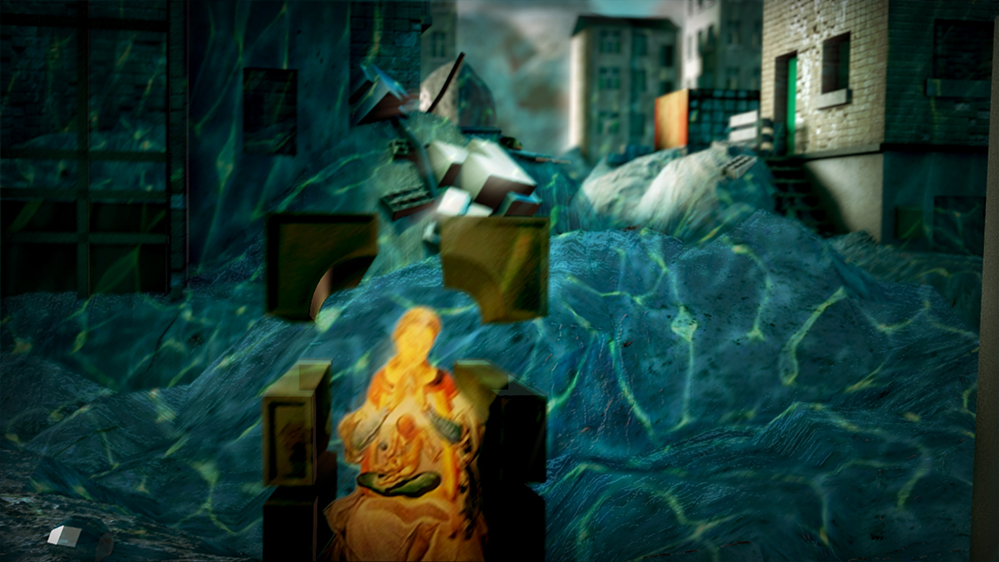
As Italian critic Achille Bonito Oliva said of the show at the Venice Biennale in 2011: “Art is a hope for happiness, said Baudelaire. The total art of Yi Zhou’s is the demonstration of the Chinese artist’s desire to represent the depth and the surface of things, the appearances of the world and the deep impulses that permeate the human soul.
“Her work is the fruit of a multimedia language, the synthesis of cinema, digital animation, sculpture, painting, drawing and contemporary music.”



